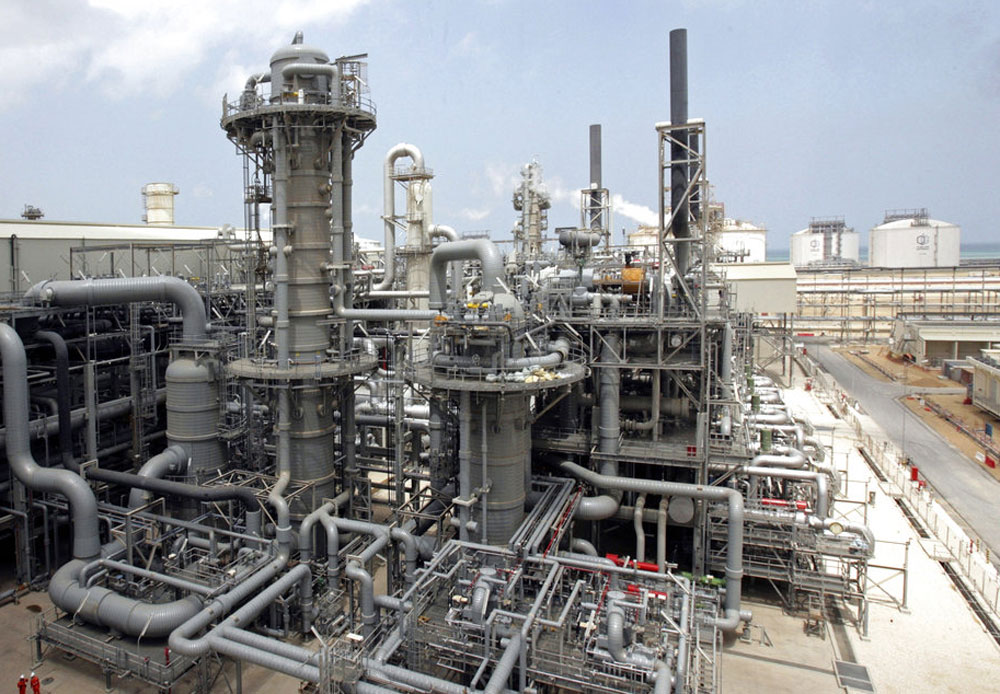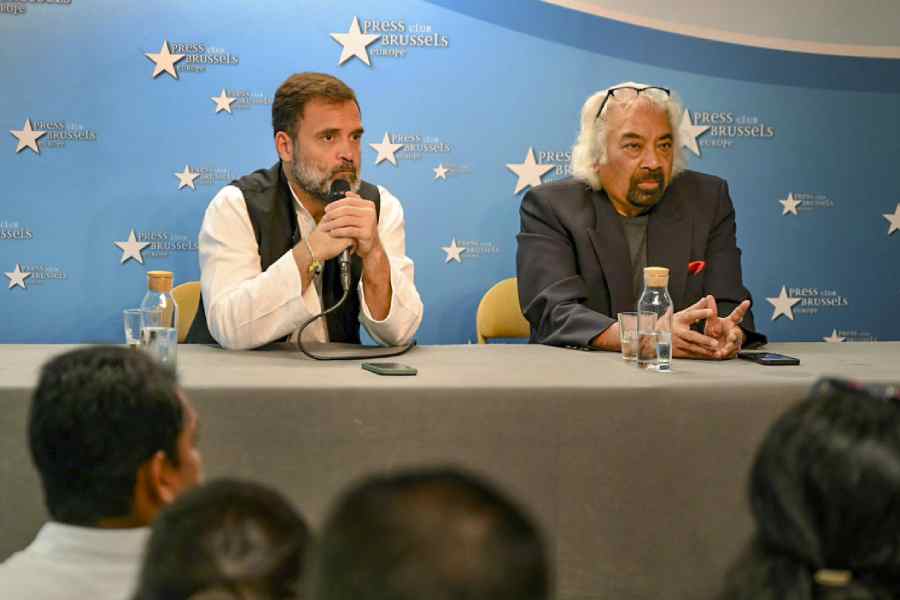The tiny, wealthy Persian Gulf state of Qatar will withdraw from Opec in January, the country’s energy minister said on Monday.
The minister, Saad Sherida al-Kaabi, said the move would allow Qatar to focus on its gas industry and dismissed the idea that the withdrawal was connected to politics.
Qatar is one of the smallest producers in the Organisation of the Petroleum Exporting Countries, but it is the world’s largest exporter of liquefied natural gas, giving its citizens the highest per capita income of any country.
In June 2017, Saudi Arabia and three other Arab nations imposed a travel and trade boycott on Qatar, accusing it of financing terrorism and interfering in the internal affairs of other states.
No other countries have joined the boycott, and the US, which has a large military base in Qatar, has sought to end the feud.
In his remarks to reporters on Monday, Kaabi said Qatar’s decision to withdraw from Opec had been communicated to the organisation, to which the country has belonged for nearly six decades. Qatar still planned to attend a meeting in Vienna this week, he said.
At 600,000 barrels a day, Qatar’s oil output is about 2 percent of Opec’s total — compared with more than 10 million barrels produced by Saudi Arabia or the three million produced by the UAE.
But Qatar’s decision to leave Opec is nonetheless a blow to the group and a possible sign of tensions within it.
Qatar, an Opec member since 1961, has been a mediator in internal rivalries and it helped broker a production-cutting deal between Opec, Russia and other producers in 2016. Saudi Arabia and Russia, which is not an Opec member, have largely been dictating terms with regard to production since then. That has irritated other Opec members, especially Iran.
Qatar’s defection could raise questions about Opec’s ability to enforce future production cuts. And even as the country professes a heightened focus on natural gas, if it were to make new oil finds, it could increase production without Opec constraints. For now, Qatar’s modest contributions to the oil market will most likely dampen the effect of its move on prices.










